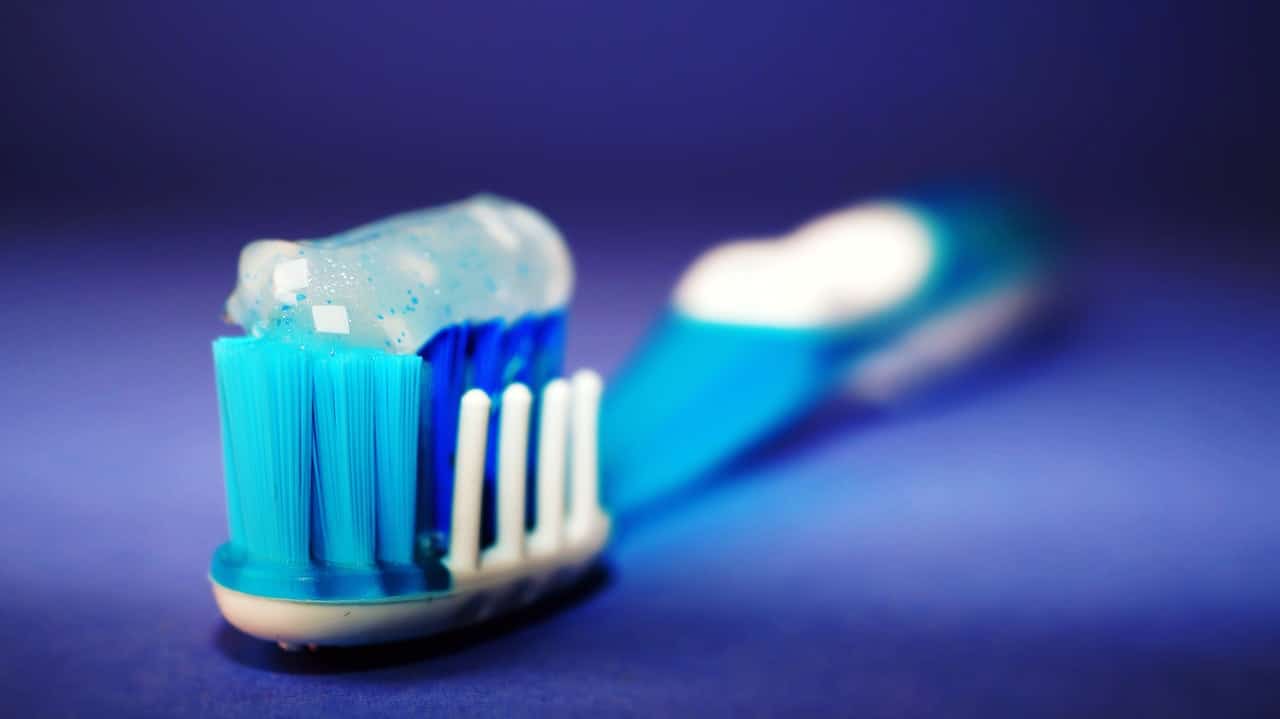Even though it is recommended that everyone visit the dentist twice a year for routine checkups and cleanings, you may find that you need additional dental care in the interim. There are a variety of signs that indicate it’s time to schedule an appointment. Taking care of your teeth and gums is crucial to your overall health and happiness. The following are signs that it is time to schedule an appointment with your dentist.
Dental Pain
The majority of patients who seek dental care outside of routine checkups do so because they are in pain. Toothaches, gum disease, and jaw pain are all possible causes. Pain can also be sharp or throbbing rather than dull and general, however. You can also be more sensitive to heat and sugar than usual. If you’re experiencing any of these symptoms, it’s time to schedule an appointment with our dentist right now. We have a dentist on staff who can examine you and determine if your tooth pain is due to illness or decay.
Blood or Visible Decay
Gum bleeding that happens without provocation or during brushing is abnormal. See a dentist immediately if you see blood while brushing your teeth. Dental emergencies occur when there is pus or deterioration visible in the mouth. Make an appointment with your dentist as soon as possible by calling and explaining your symptoms.
Persistent Bad Breath
Most people find it uncomfortable to deal with bad breath, especially if it lingers despite regular brushing. Saliva provides lubrication for the mouth, which helps to wipe away food particles and neutralize the mouth’s natural acids. Bad breath could be a symptom of gum disease, tooth decay, or an infection. A skilled dentist will be able to treat chronic bad breath (halitosis) caused by bacterial imbalance or illness. If your bad breath persists despite dental hygiene, you should see our dentist.
Teeth movement or looseness
Permanent adult teeth should be secured in the mouth at all times. Any shift or enlargement of spaces between your permanent teeth is cause for concern because it could indicate bone loss or infection. If your bite or the fit of your dentures or other dental appliances has changed, you should address the issue immediately. Your dentist will assess the health of your gums and teeth and treat you accordingly so that you can preserve as many of your natural teeth as possible.
Pregnant
Hormonal shifts during pregnancy have an effect on a woman’s dental hygiene. Cavities, gingivitis, and benign tumors all have a greater incidence rate during pregnancy. In addition, dental issues and gum recession might result from morning sickness and vomiting. Many pregnant women report that their usually pink, healthy gums become red, puffy, and bleed easily when brushing. In the first or second trimester of your pregnancy, you should consult with your dentist.
More than six months have passed since your last dental appointment.
Preventive dental care, such as biannual visits to the dentist for cleanings, x-rays, and checks for oral cancer, is important for everyone. You should make an appointment with your dentist as soon as possible if it has been longer than six months since your last checkup. Plaque, tartar, and stains that brushing alone can’t get rid of can all be removed with regular cleanings.
How Often You Should See a Dentist
If you have any of these symptoms, it’s time to visit the dentist. They will look at your symptoms and decide if you need treatment for problems with your oral health or preventive steps. Your dental and overall health is the first priority of your dental office, so if you have any questions or concerns regarding your oral health, please don’t hesitate to contact them.

